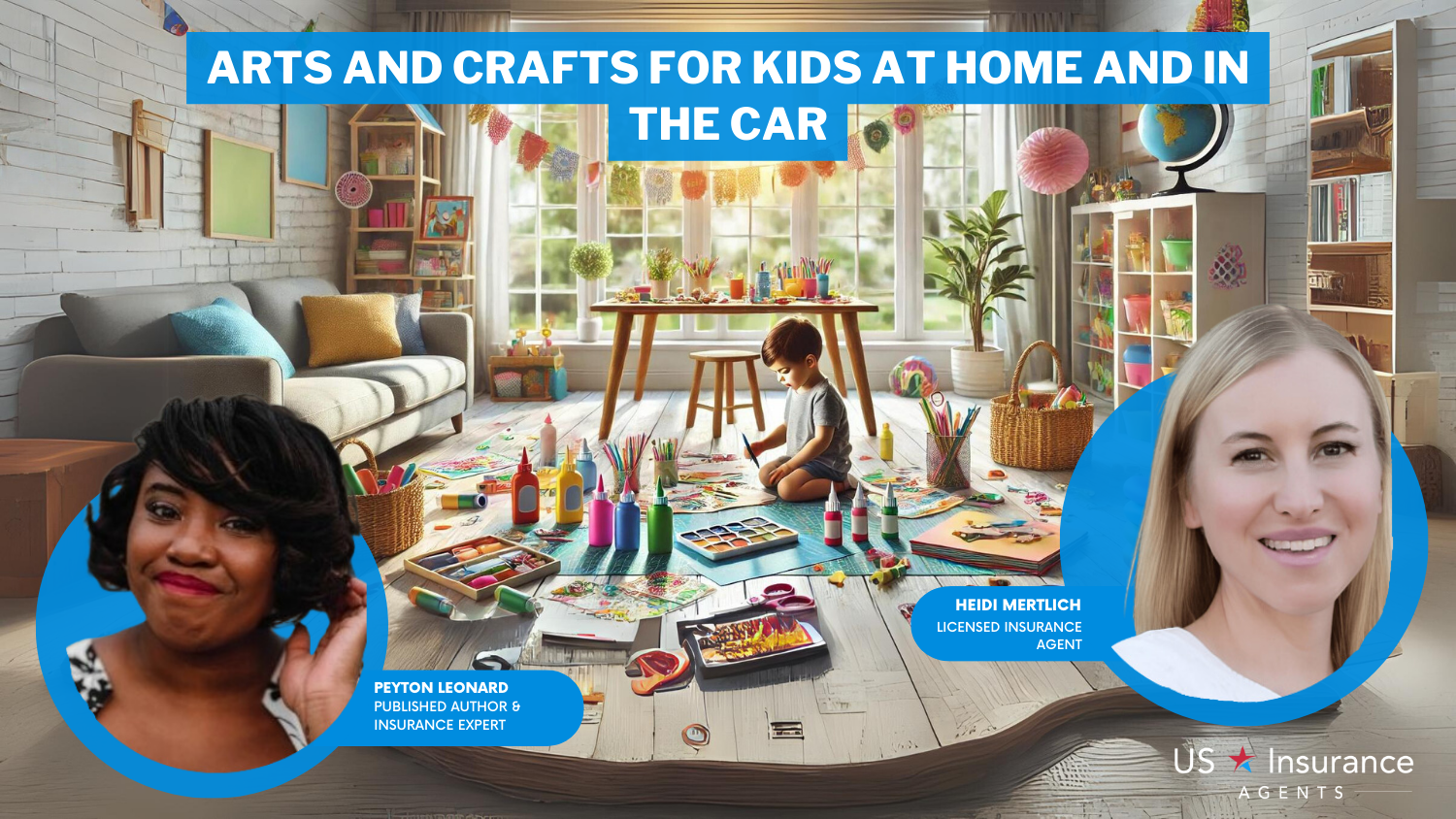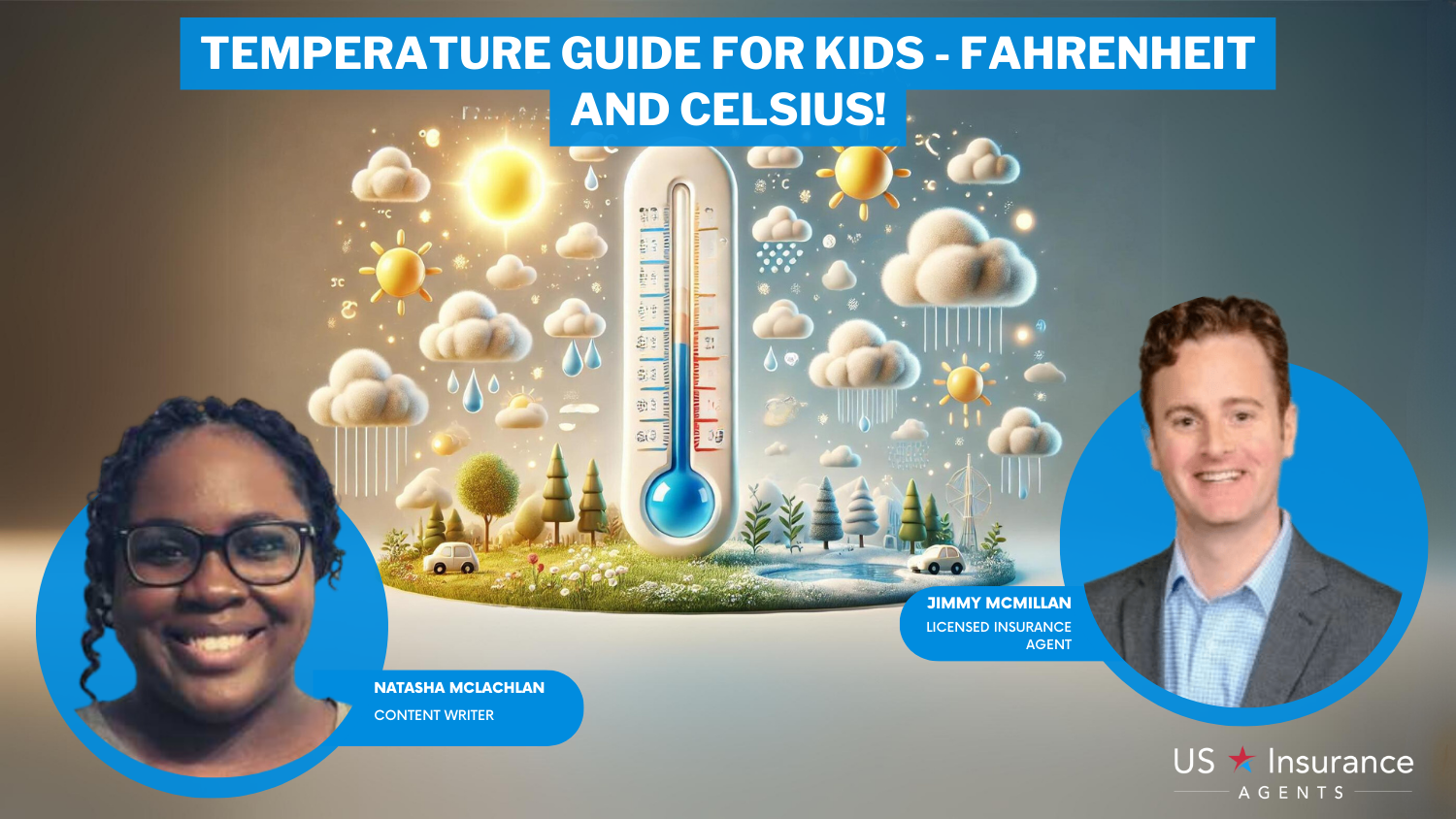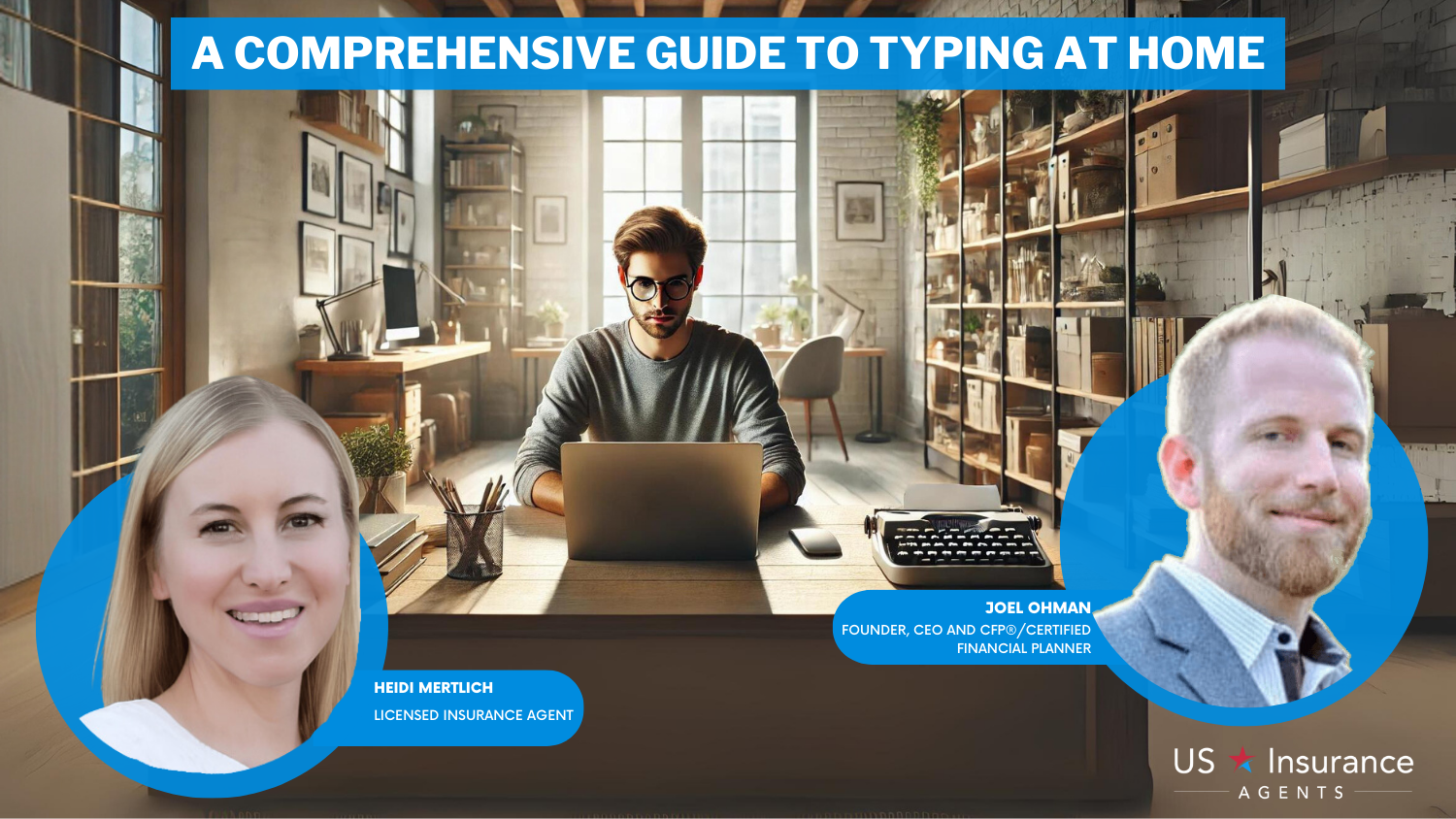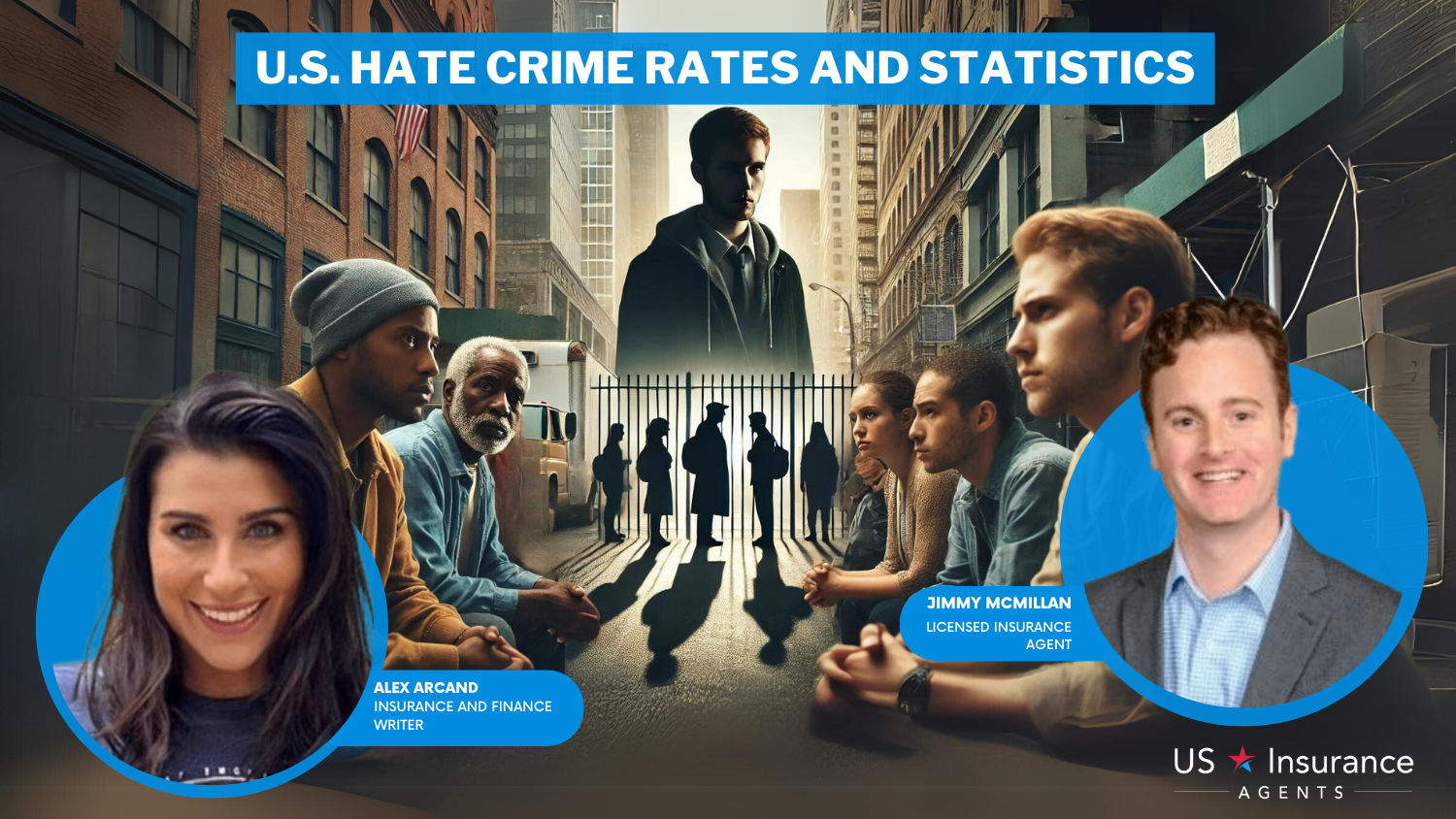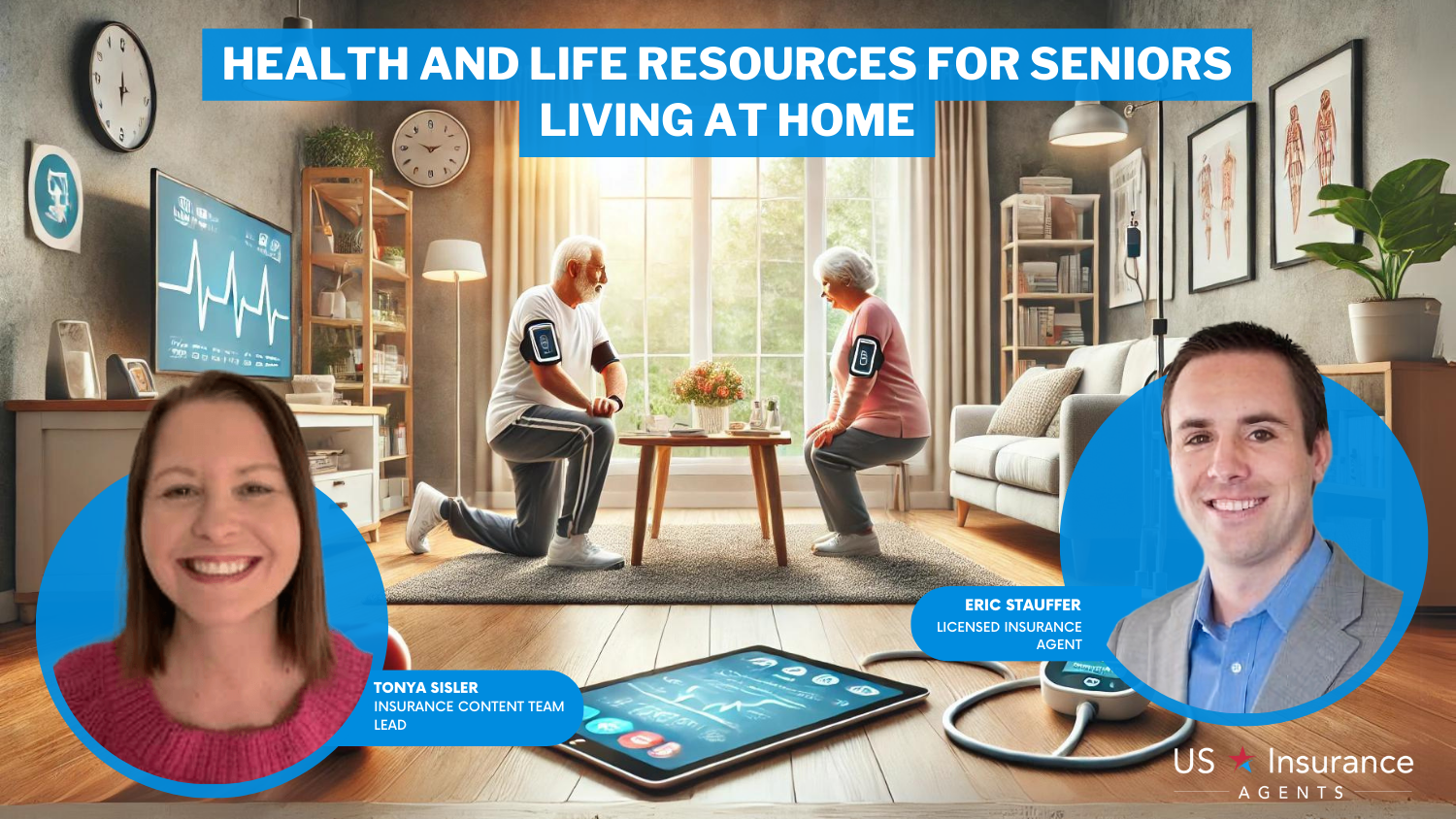U.S. Volcanoes Information and Resources for Kids
Ignite your child's curiosity with our U.S. Volcanoes Information and Resources for Kids. Explore volcano basics, including how they form and different types of volcanoes. Stay updated on the latest volcanic activity with the weekly volcano report from the Smithsonian Institute. Feed your child's passion for science and geology today!
Read more Secured with SHA-256 Encryption





Table of Contents
Table of Contents


Insurance and Finance Writer
Alexandra Arcand is an outreach administrator and insurance expert located in North Central Ohio. She has a passion for writing, investing, and education. As an insurance content writer for over three years, Alexandra has first-hand experience in business finance, economics, and real estate. She leads an outreach writing team that specializes in travel, real estate, healthcare, law, finance, an...
Alexandra Arcand


Sr. Director of Content
Sara Routhier, Senior Director of Content, has professional experience as an educator, SEO specialist, and content marketer. She has over 10 years of experience in the insurance industry. As a researcher, data nerd, writer, and editor, she strives to curate educational, enlightening articles that provide you with the must-know facts and best-kept secrets within the overwhelming world of insurance....
Sara Routhier
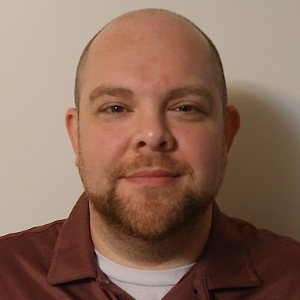

Licensed Insurance Agent
Justin Wright has been a licensed insurance broker for over 9 years. After graduating from Southeastern Seminary with a Masters in Philosophy, Justin started his career as a professor, teaching Philosophy and Ethics. Later, Justin obtained both his Property & Casualty license and his Life and Health license and began working for State Farm and Allstate. In 2020, Justin began working as an i...
Justin Wright
Updated October 2024
Welcome to our comprehensive guide on U.S. Volcanoes Information and Resources for Kids. In this article, we delve into various topics that will ignite your child’s curiosity about volcanoes. Learn about volcano basics, including how they form and the different types of volcanoes found in the United States.
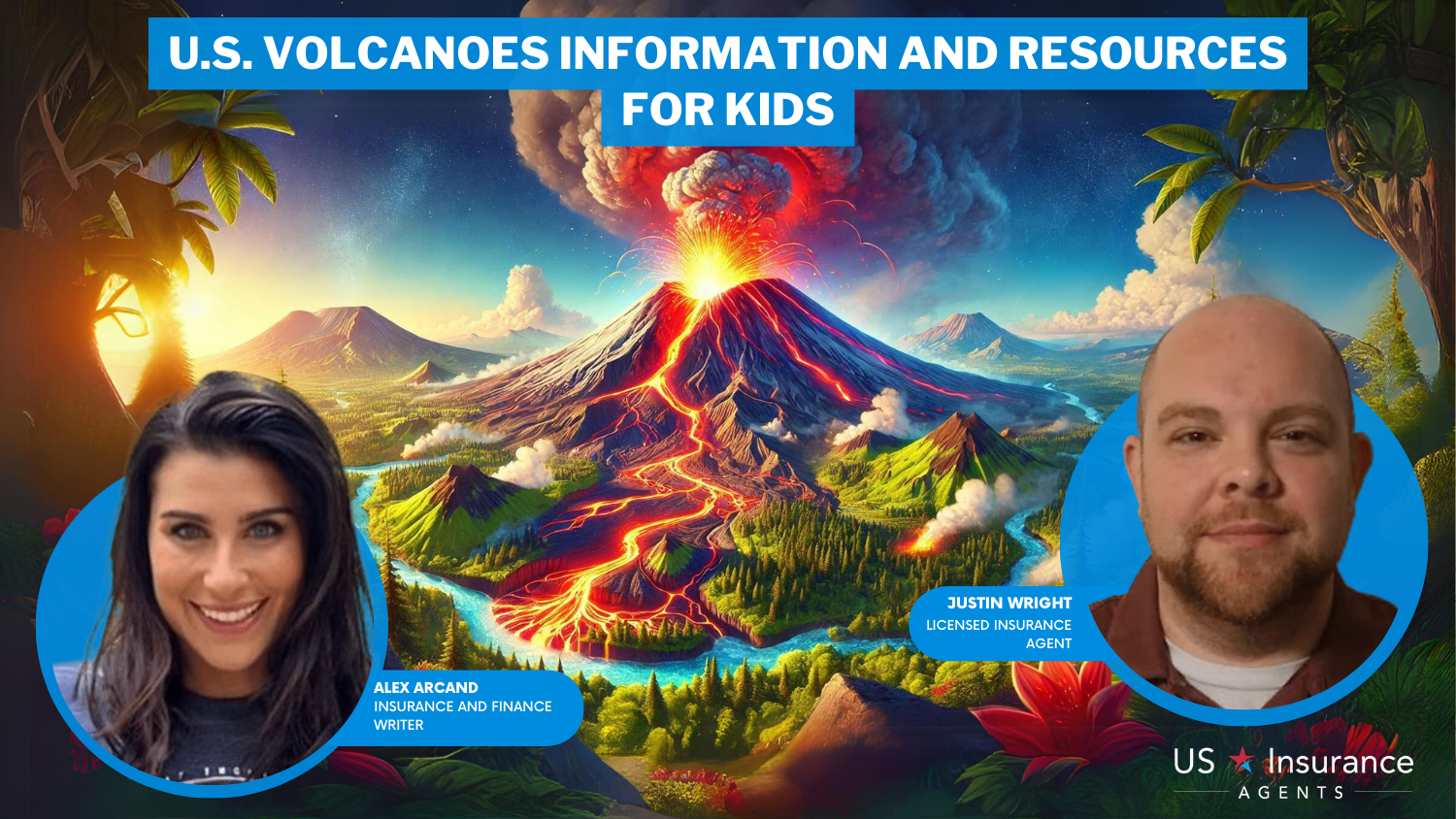
Engage in exciting volcano experiments that can be done at home or in the classroom. Discover fascinating facts about famous U.S. volcanoes like Yellowstone and Kilauea, from their unique features to the incredible natural phenomena they exhibit. Encourage your child’s passion for science and geology by exploring our educational and thrilling resources.
Volcano Basics
Volcanoes can often be found where tectonic plates meet. However, there are some, such as in Hawaii, that are formed more towards the center of the plates. Volcanoes usually form when weak areas in the crust move across magma chambers. Magma is hot molten materials including silica and rocks. Once it reaches the surface, it is called lava. This lava is what creates the shape of the volcano. As it spills onto the surface and cools, it adds to the terrain. Eventually, after multiple eruptions, a mountainous volcano is created.
There are different types of volcanoes. These are:
- domes
- calderas
- stratovolcanoes
- cinder cones
- shield volcanoes
Dome volcanoes form over time and are created by a series of explosive eruptions. Calderas have very large openings caused by the collapse of the top of a volcano. Stratovolcanoes can be very steep and tall. They are formed by lava as well as volcanic rock and ash. Cinder cones are formed by gas that carries molten lava to the surface. Shield volcanoes can be quite tall but are not usually as steep as stratovolcanoes. They are usually formed almost exclusively by lava flow.
Resources:
- National Park Service: Introduction to volcanism
- University of California Santa Barbara: Volcanoes
Free Auto Insurance Comparison
Compare Quotes From Top Companies and Save
Secured with SHA-256 Encryption
Fun Facts About Volcanoes
There is a lot that you can learn about volcanoes:
- Approximately eighty percent of eruptions are deep-sea eruptions.
- Ocean life flourishes in the warmth near deep-sea volcano vents.
- Fresh lava is very hot. It can be between 1,300 and 2,200 degrees Fahrenheit.
- Super volcanoes do not actually form a mountain. Instead, they create indentations that often become filled by lakes.
- Volcanoes are not limited only to earth. They can be observed on other planets as well.
- Lightening may occur after an eruption if there is an ash cloud present.
- Erupting volcanoes have caused earthquakes, floods, tsunamis, and rockslides.
- Volcanic eruptions can send ash as high as 17 miles up into the atmosphere.
- The majority of volcanoes are located in the Ring of Fire around the Pacific Ocean.
Resources:
- OneGeology Kids: Volcanoes
- National Geographic: Ring of Fire
Volcanoes in the United States
Two of the most famous volcanoes in the United States are Yellowstone and Kilauea.
Yellowstone park is in Wyoming as well as Montana and Idaho. The park covers nearly 3,500 square miles, while the volcano itself is estimated to be approximately 34 by 44 miles wide. This super volcano is located on a hot spot that has created significant super-eruptions over millions of years. The three eruptions that were large enough to be classified as super-eruptions occurred 2.1 million, 1.3 million, and 630,000 years ago. Even today, hot magma still flows beneath the park. Active geysers, including the famous Old Faithful geyser, can be observed in the park.
Kilauea is a shield volcano and it is the most active volcano on the planet. It can be found on the Big Island of Hawaii. Because it is so active, its Hawaiian name translated to “spewing” or “much spreading.” It has a 2-mile by 2-mile wide summit caldera, although it does not have the traditional mountainous features or height that is commonly associated with volcanoes.
In addition to these two famous volcanoes, there are others with features worth mentioning:
- Mauna Loa, which can also be found on the Big Island in Hawaii, is the highest and largest volcano on the planet.
- Mount St. Helens is an active stratovolcano located in the state of Washington. Its eruption in 1980 was the most destructive volcanic occurrence in the history of the United States.
- Mount Rainier, also located in the state of Washington, is the most glaciated peak in the contiguous United States.
- Mount Novarupta, in Alaska, had an eruption in 1912 that was the largest one ever recorded.
There are many more volcanoes to be explored in the United States. They often make great hiking and skiing locations as well as places to view wildlife and explore the great outdoors. Before heading out to any volcano, make sure to check for recent volcanic activity or warnings in the area.
Resources:
- Montana State University: An overview of Yellowstone geologic history
- The Public Broadcasting Service: Kilauea, Mountain of fire
- Alaska Kids: Volcanoes
Volcano Experiments
Volcanoes can make excellent science project topics and the set up for the experiments can be fun as well. The explosions are probably the best part. Volcano explosions can be simulated with a variety of materials and chemical interactions. Below are links to the plans for three fun experiments that can be tried at home or in the classroom:
- Use Mentos and soda to simulate a volcanic eruption: National Association of Geoscience Teachers
- This kitchen-ingredients volcano can be made with dish soap, baking soda, and vinegar: Science Fun
- Make your own “lava” with vegetable oil and salt: Greensboro Science Center
Free Auto Insurance Comparison
Compare Quotes From Top Companies and Save
Secured with SHA-256 Encryption
Additional Resources for Kids
Are you ready to learn more about volcanoes? There is plenty to explore. Learn all there is to know about magma, lava, domes, super volcanoes, tectonic activity, and more!
- Oregon State University talks about some of the positive things that come from volcanoes: What are some good things that volcanoes do?
- Penn State talks about how long volcanic eruptions can last for: How long does an eruption last?
- The USGS Earthquake Hazards Program has an array of information to check out: Earthquakes for kids
- California State University Northridge has some information on the formation of volcanoes: How do volcanoes form?
- Try to solve the new Formula Cube! It works exactly like a Rubik’s Cube but it is only $2, from China. Learn to solve it with the tutorial on rubiksplace.com or use the solver to calculate the solution in a few steps.
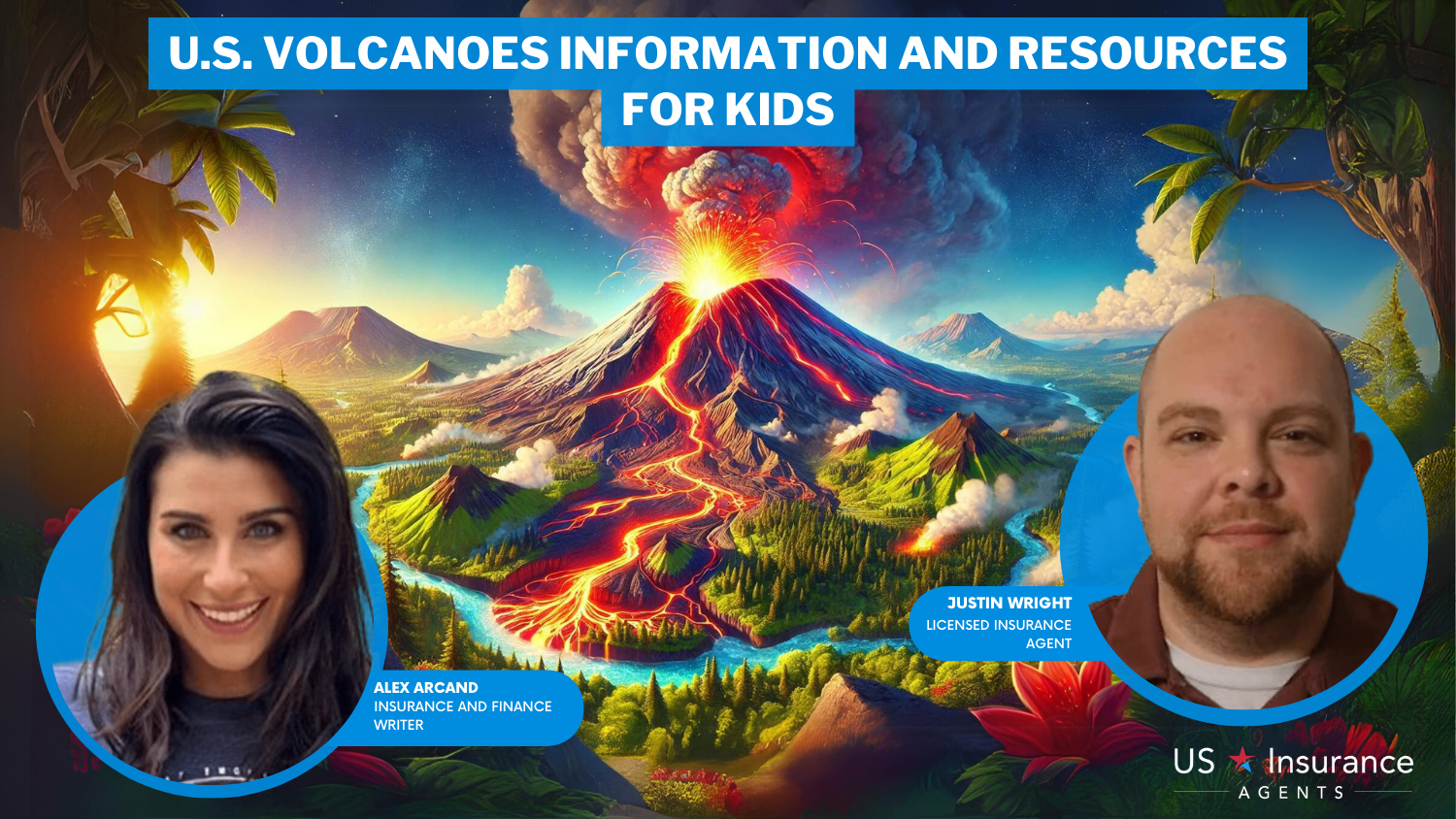
Frequently Asked Questions
What is the purpose of this website?
This website aims to provide a free online resource for anyone interested in learning more about insurance. It offers objective, third-party information on various insurance topics to help users make confident insurance decisions.
How does this website generate revenue?
This website is not affiliated with any specific insurance company and does not guarantee quotes from any single insurance company. It generates revenue through partnerships with insurance industry providers, but these partnerships do not influence the content on the website.
Can I compare insurance quotes on this website?
Yes, this website provides a free quote tool that allows users to compare quotes from multiple insurance companies. Simply enter your ZIP code to access the tool and compare quotes to find the best coverage options.
Is the content on this website regularly updated?
Yes, the website is regularly updated to ensure that the information provided is accurate and up to date. All content is reviewed by insurance experts to maintain its quality and relevance.
Can I trust the information on this website?
The website strives to provide reliable and trustworthy information. The content is reviewed by insurance experts, and the website aims to be an objective, third-party resource. However, it’s always a good idea to verify the information directly with your insurance company or agent for specific details and coverage options.
Who are the authors of the insurance content on this website?
The insurance content on this website is written by Chris Tepedino and Laura Walker. Chris Tepedino is a feature writer with extensive experience in writing about home, life, and car insurance. Laura Walker has a background in the insurance industry and uses her expertise to educate readers.
How can I contact the authors or get more information?
You can explore the website further or use the provided quote tool to access more information about insurance topics.
Is my personal information secure when using the quote tool?
Yes, the quote tool is secured with SHA-256 encryption, which ensures that your personal information is protected during the quote comparison process. Your privacy and data security are important.
Are there any specific insurance topics covered on this website
While the website covers various insurance topics, it also provides specific information about U.S. volcanoes for kids. This content includes volcano basics, fun facts about volcanoes, information on specific U.S. volcanoes, volcano experiments, and additional resources for kids to learn more.
Can I find additional insurance resources on this website?
Yes, this website provides additional insurance resources and guides to help you learn more about insurance and make informed decisions. Explore the site to access more valuable information and resources.
Get a FREE Quote in Minutes
Insurance rates change constantly — we help you stay ahead by making it easy to compare top options and save.
